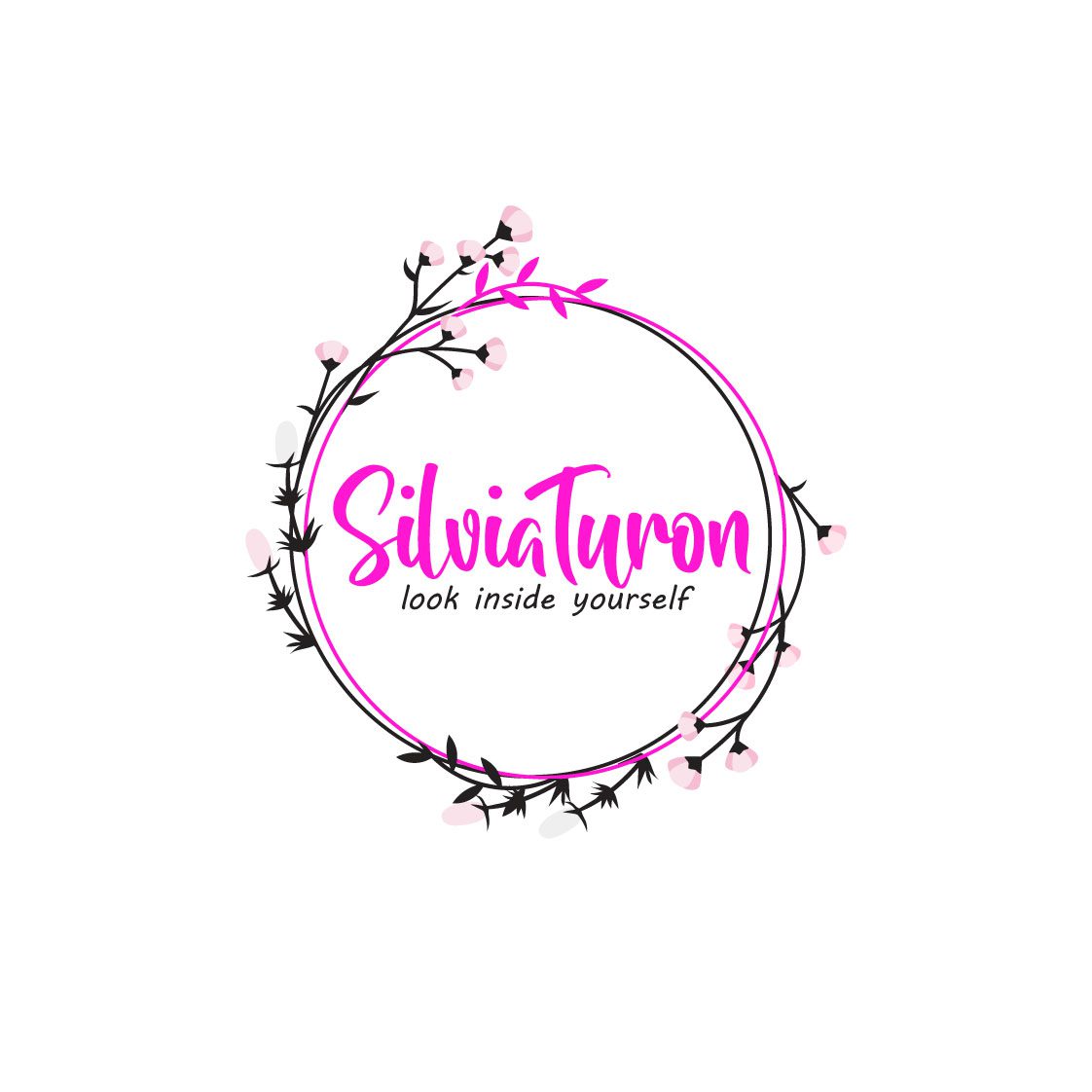How I am Healing Emotional Trauma from My Childhood
“Avoiding your triggers isn’t healing. Healing emotional trauma happens when you are triggered and you are able to move through the pain, the patterns, and the story – and walk your way to a different ending.” Vienna Pharaon
In 2019, I decided to leave my marriage. Just saying the words brought me immense relief! After a long time of being miserable in a relationship, I finally decided to walk away. It felt like the fog had lifted and I could see the light again in a very short time afterward.
Although I often wondered how a person could overcome six years of misery in just two days, Life was too good to let that question bother me. For at least a while.
After a few months of “the best life I’ve ever had”, I met someone and began dating. My emotions took over in response to a situation that was already destabilizing me — by just spending time with him, I felt like a ticking time bomb. I obsessed over his responsiveness or lack thereof, and my feelings swung between feeling crazy, jealous, possessive of him, and totally infatuated.
I survived on validation. Without it, I became a petulant child with an insatiable need for attention. It was a form of emotional dependency that began to reveal my deep-seated insecurities. I thrived on the excitement that stemmed from a fight — it made me feel alive.
I couldn’t help but wonder: “Why does my life seem to fall apart shortly after I start dating someone?
The sudden attachment, codependency, and obsession over the other person drained me, and I couldn’t focus on anything. My attachment issues would resurface. My mind was filled with the fear of abandonment, which would lead me to relapse into my smoking habit.
As you can imagine, we stopped dating and went our separate paths. I went through a few months of sadness and hardship that eventually dissipated. Life was looking good again until I met a different guy and we began dating.
In a matter of weeks, I went back to the same darkness I had tried to overcome. This time, my pain became too much to bear. I had no choice but to face my demons and finally let go. It was time for me to heal.
I began to see the clues and understand that it wasn’t a relationship itself that consumed me but wounds and triggers that surfaced because of it and started healing emotional trauma.
What my marriage, dating affairs, and other relationships showed me was a sign I kept overlooking. I needed to learn what self-love means and how I could incorporate it into my life.
Since my ego resented the truth, I didn’t want to face my limitations. It was intimidating and vulnerable. It challenged the facade I put on every day to look confident, tough, and positive. What can I say? Denial at its best.
When we grow up in a toxic environment and adopt a belief that we are unlovable, we will subconsciously seek and attract relationships that reflect what we think of ourselves and what, at our core, we believe we deserve.
That’s why we tend to go back to places where we were abused, disrespected, or taken for granted. Since we don’t believe that we are worthy of anything, healing emotional trauma, we will betray ourselves. Deep down, we know it. We know we sell ourselves short, or that we settle for relationships that are worse than mediocre. Although we reject it, we also accept it since our subconscious mind believes that this is all that we can get.
Because I was playing the role of a victim, I would reject and accept disrespect. I would use anger to dominate men and make them feel guilty. I would pretend to be someone I wasn’t in order to mask my weaknesses. Although none of that felt good, I appreciated my courage to face it for the first time.
It was a small victory, but the one I needed to experience to start moving forward and stop repeating the generation cycle of worthlessness, failure, drama, and high levels of toxicity.
There were many things I have tried in the past couple of years. Today, I will outline three simple things that aren’t always easy to exercise but highly beneficial to your healing. You get better at it as you practice it more and more.
Intimidate the ego, not the other way around
Ego is that insatiable force within us, the one that tells us we’re always right. It represents our pain, insecurities, desire to stay in a comfort zone, inability to admit that we are wrong, or simply accepting that sometimes, we suck, and that’s okay.
It wants to keep us small and obedient, it wants to maintain our limitations, and it certainly doesn’t support our growth unless we recognize its power.
One of the impacts of healing emotional trauma is the inability to face the truth. This can be so overwhelming, that people aren’t able to realize that they aren’t being authentic with themselves or others. Because I wanted to appear as a confident and happy person, I buried my pain and became trapped in my own pretense—which ultimately made me even more miserable.
Only when I found the courage to face what I disliked and who I was because of my emotional trauma, did the feeling of fear and intimidation begin to shrink. The more I did it, the more proud I felt of myself.
If you want to make this easy for yourself, here is what I suggest you do: give yourself time to be alone, away from distractions. Start small and work on just one thing at a time. It should be something that has been bothering you for a while or a situation that keeps repeating itself, but you resent it. It may be the presence of toxic relationships, your insecurities, self-doubt, people-pleasing, accepting what you dislike or disagree with, or fear of rejection.
Once you make a choice, I encourage you to repeat this mantra. Say something like, “I am safe, and the fear I feel or the discomfort this brings is only my ego wanting to keep me small.” Focus on these words and take them to your heart. We are in this for the long term. We ain’t playing around, sister. Get serious.
Sit in it
After coming up with one thing you want to work through and saying or thinking your mantra to defeat the fear and keep yourself grounded and humble, look and acknowledge how this trait, behavior pattern, or a trauma response has affected your life.
When I was practicing this exercise, I looked at my pain, acknowledged the limitations it represented, and how it has been managing my life in a way that didn’t serve me. I saw how I acted on my emotions and my triggers to feel shameful afterward.
The important part of sitting in your shit is that you begin to befriend and face things you were afraid to look at and things you denied or ignored. By addressing the seemingly scary monster of the truth, you learn to defeat it. In the end, it’s all an illusion. For the most part, we have nothing to fear. We are safe. It’s the perception of our ego that makes us scared and ignorant.
It’s okay to not be okay
At this point, you may have a mix of feelings, some guilt, shame or discomfort. That’s okay — it’s good to recognize the parts of your past that shaped you into who you are today and the ways that trauma has affected your life. What you’re feeling is normal — so don’t let these thoughts paralyze you, either; instead, recognize that these are things that can be changed.
When we act out of our trauma or feelings of unworthiness, actions we take often aren’t the ones we feel proud of. And that’s okay for one simple reason – there is nothing wrong with you. It has never been about what’s wrong with you, but what has happened to you that deserves your attention and energy.
This intimidating look in the mirror allows you to understand yourself and who you are because of your emotional wiring. It allows you to grow as a person and achieve your own self-acceptance by giving yourself the freedom to be who you are without any shame or judgment. So anytime you feel your emotions boiling over, know it’s okay not to be okay and reach for understanding instead.
Conclusion
I came to the conclusion that intimate relationships have been one of the best avenues to reveal where I struggle the most in terms of healing emotional trauma. Although they often bring the most pain, they also offer the best lessons and opportunities for growth.
No matter how much we try to run away from our past, like domestic violence we grew up in or sexual abuse we were a victim of, we will never outrun the trauma and its impact on our overall mental health. What truly changes the game is the courage to stop, turn around and face our demons we never thought we could heal and overcome.












Leave a Reply